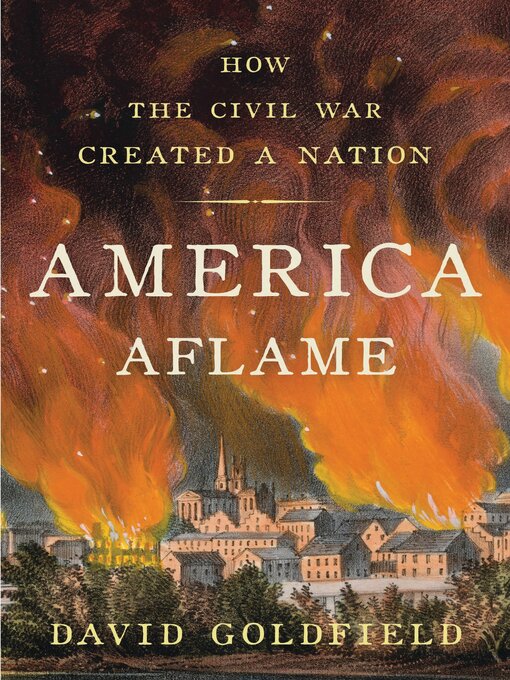In this spellbinding new history, David Goldfield offers the first
major new interpretation of the Civil War era since James M. McPherson's
Battle Cry of Freedom. Where past scholars have limned the war
as a triumph of freedom, Goldfield sees it as America's greatest
failure: the result of a breakdown caused by the infusion of evangelical
religion into the public sphere. As the Second GreatAwakening surged
through America, political questions became matters of good and evil to
be fought to the death.
The price of that failure was horrific,
but the carnage accomplished what statesmen could not: It made the
United States one nation and eliminated slavery as a divisive force in
the Union. The victorious North became synonymous with America as a land
of innovation and industrialization, whose teeming cities offered
squalor and opportunity in equal measure. Religion was supplanted by
science and a gospel of progress, and the South was left behind.
Goldfield's panoramic narrative, sweeping from the 1840s to the end of
Reconstruction, is studded with memorable details and luminaries such as
HarrietBeecher Stowe, Frederick Douglass, and Walt Whitman. There are
lesser known yet equally compelling characters, too, including Carl
Schurz-a German immigrant, warhero, and postwar reformer-and Alexander
Stephens, the urbane and intellectual vice president of the Confederacy.
America Aflame is a vivid portrait of the "fiery trial"that transformed the country we live in.



